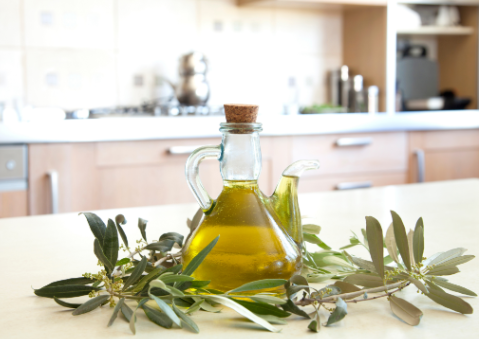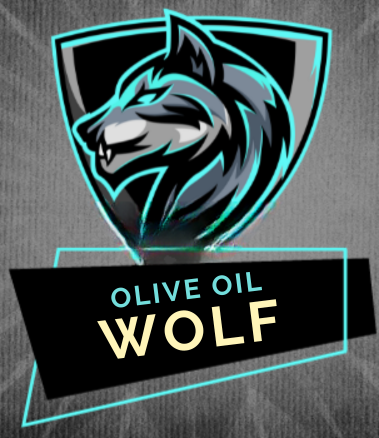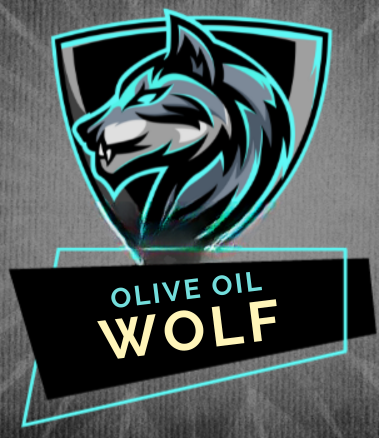Extra virgin olive oil (EVOO) is renowned for its versatility in the kitchen, and its uses extend far beyond a mere cooking ingredient. This premium oil, extracted from fresh olives by using a cold-press process, boasts a distinctive flavor profile, nutritional benefits, and a plethora of applications that make it a staple in household and professional kitchens alike.

One of the primary uses of extra virgin olive oil is in culinary applications. Its rich and robust flavor adds depth to a wide array of dishes, making it a favorite among chefs and home cooks. EVOO is commonly used in salad dressings, marinades, and vinaigrettes, where its fruity and peppery notes can enhance the overall taste. Drizzling it over freshly cut vegetables, pasta, or grilled meats not only imparts a delightful flavor but also elevates the visual appeal of the dish.
Beyond its culinary prowess, extra virgin olive oil has established itself as a key component in the Mediterranean diet, renowned for its health benefits. The high content of monounsaturated fats, particularly oleic acid, sets it apart as a heart-healthy oil. Oleic acid has been linked to numerous health benefits, including reducing inflammation and improving cholesterol levels.
Antioxidants, such as polyphenols and vitamin E, present in extra virgin olive oil contribute to its health-promoting properties. These antioxidants play a crucial role in neutralizing free radicals in the body, which are implicated in aging and various chronic diseases, including cancer and cardiovascular conditions. The anti-inflammatory effects of EVOO have also been associated with a lower risk of chronic diseases.
Research suggests that incorporating extra virgin olive oil into a balanced diet may have positive effects on cardiovascular health. It has been linked to improvements in blood pressure, cholesterol levels, and overall heart health. The Mediterranean population, where olive oil is a dietary staple, has shown lower rates of heart disease compared to other regions.
Moreover, extra virgin olive oil has been recognized for its potential role in supporting weight management. Contrary to the misconception that all fats contribute to weight gain, the monounsaturated fats in EVOO may aid in satiety, helping individuals feel fuller for longer periods. This can potentially lead to reduced calorie intake and, consequently, support weight loss or weight maintenance.
The benefits of extra virgin olive oil extend beyond internal health. Its natural properties make it a valuable ingredient in skincare. The vitamin E content in EVOO acts as an antioxidant, protecting the skin from oxidative stress and promoting a healthy complexion. Additionally, the anti-inflammatory properties may help soothe conditions such as eczema and dermatitis.
When choosing extra virgin olive oil, it is essential to prioritize quality. Look for oils labeled as “extra virgin,” as this indicates the oil has undergone minimal processing and retains the highest quality. Cold-pressed or first cold-pressed oils are preferable, as they are extracted without the use of heat or chemicals, preserving the oil’s natural flavors and nutritional components.
Extra virgin olive oil stands out not only for its exceptional flavor but also for its remarkable health benefits. From culinary applications to promoting health and wellness, EVOO has earned its place as a versatile and essential ingredient in a well-balanced healthy lifestyle.
Please leave comments, questions or suggestions below.
Tom – Olive Oil Lover

